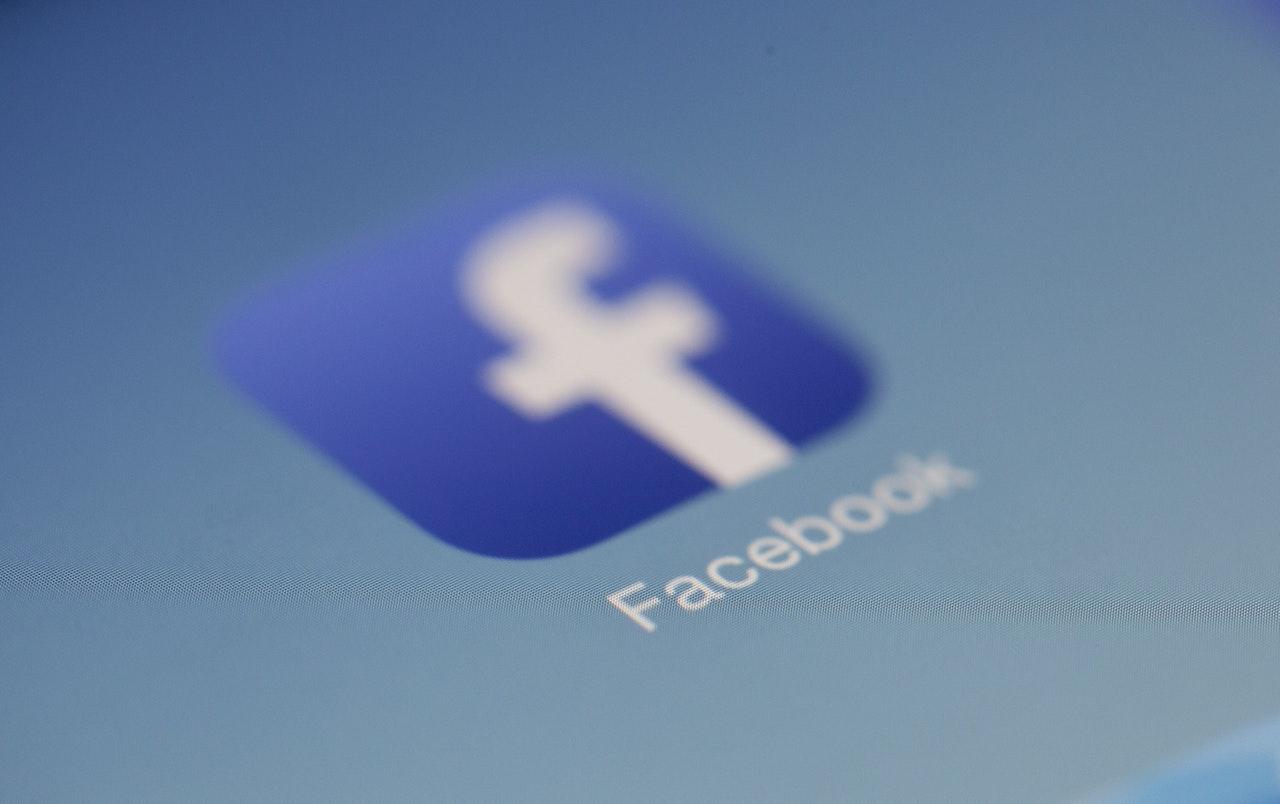Western social media giants increasingly forced to censor Vietnam posts, says Amnesty report
Vietnam authorities have never banned social media companies but are increasingly 'requesting' they restrict 'anti-state' posts.
Just In
Facebook and Google are obeying the Vietnamese government in censoring criticism and repressing dissent, says human rights group Amnesty International.
Vietnamese authorities have a reputation for restricting freedom of speech and in recent years several bloggers have been jailed for publishing articles critical of the Communist state.
“In the last decade, freedom of expression flourished on Facebook and YouTube in Vietnam. More recently, however, authorities began focusing on peaceful online expression as an existential threat to the regime,” said Ming Yu Hah, Amnesty International’s deputy regional director for campaigns.
“Today these platforms have become hunting grounds for censors, military cyber-troops and state-sponsored trolls harassing human rights activists. The platforms themselves are increasingly complicit.”
Amnesty’s report is based on interviews with human rights activists, including former prisoners of conscience and their lawyers. The activists claim that their content posted on Facebook and YouTube is being increasingly blocked in Vietnam.
Journalist Truong Chau Huu Danh posted on Facebook about an alleged corruption scandal in Vietnam, but was later notified by the platform that his posts had been restricted in Vietnam due to “local legal restrictions”. He was not given any way to contest this, he said.
Facebook announced in April it would “significantly increase” compliance with Vietnamese government requests to take down content. Since then, the number of times the social media platform has restricted content in Vietnam has increased by nearly 1,000%.
Google, which owns YouTube, removed over 3,000 YouTube videos critical of the government in response to requests from authorities.
In 2018, Facebook’s revenue from Vietnam was nearly $1bn, almost one third of its total Southeast Asian revenue, says Amnesty. Google is said to have earned nearly half a billion dollars during the same period, primarily from YouTube advertising.
Vietnam has never banned social media companies, but in April this year, two sources at Facebook told Reuters that their local servers were taken offline until they agreed to significantly increase censorship of “anti-state” posts by local users.
A Facebook spokesperson told the BBC, “Over the past few months, we’ve faced additional pressure from the government of Vietnam to restrict more content, however, we will do everything we can to ensure that our services remain available so people can continue to express themselves.”
Google said in a statement to Amnesty that it took the “least restrictive approach to removal by blocking content in the relevant jurisdiction, while still making it available in other jurisdictions globally”.
Subscribe to our newsletter
To be updated with all the latest news and analyses daily.
